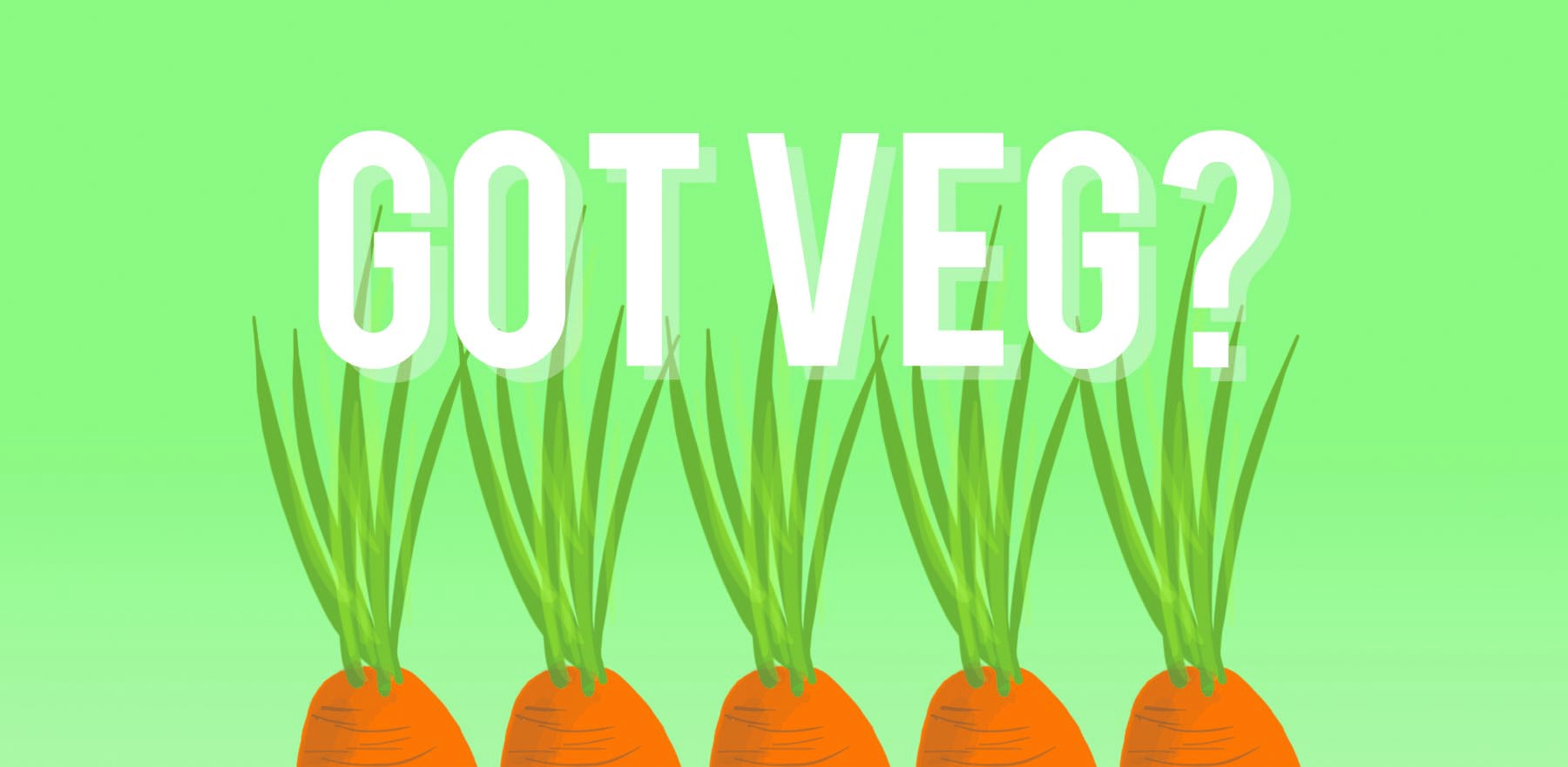
THE BEST WAYS TO EAT vegetarian or VEGAN IN K-W
Veronica Naas
CCE CONTRIBUTOR
A new year is upon us and this is the time of year when we might make a resolution or two. For many, one resolution is likely the promise to eat healthier. It’s why more and more people are asking themselves this question: To be or not to be vegetarian or vegan?
It can be a daunting choice, but don’t despair. We’ve gathered some information that will assist you on your journey towards vegetarianism, and help you do it locally.
What’s in a name?
According to the Vegetarian Society (vegetariansociety.com), there are four forms of vegetarianism. A lacto-ovo-vegetarian is the commonly known vegetarian that does not eat meat (including poultry, game, fish and shellfish) but will eat diary products and eggs. A lacto-vegetarian will consume diary products but not eggs. Alternatively, an ovo-vegetarian will eat eggs but not dairy products.
A vegan pledges to protect animals by not eating meat or partaking of any animal by-products. For example, to be vegan means that you choose not wear leather shoes, eat cheese or honey, and you support a more environmentally, eco-friendly lifestyle.
Where to go?
Whether for health reasons or a lifestyle choice, vegetarianism and veganism are gaining in popularity, which in turn is opening up consumer markets for producers and vendors alike. Established local specialty health food stores like The Old Kitchen Cupboard in Kitchener and The Natural Food Market in Waterloo offer a variety of vegetarian and vegan dietary products, but they’re no longer alone.
Large grocery chains are diversifying and expanding organic areas to carry vegetarian and vegan-friendly products too. Sales of natural products have been consistently rising, demonstrating that this area is a growing trend for grocery retailers with potential for further development.
Traditional market venues such as the downtown Kitchener Market and the St. Jacobs Farmer’s Market continue to be valuable resources for locally grown produce and products. Growing in popularity are the seasonal UpTown Waterloo Market and Bailey’s Local Foods buying club. In addition to locally grown produce and fruits, Bailey’s offers other local options like grains, breads, preserves, cheeses, peanuts and peanut butter, honey and dried beans. Both the market and buying club are bringing local produce and products closer and making them easier for busy people to access.
Restaurants are expanding their menus to include locally grown produce and better vegetarian and vegan options. At Borealis Grille & Bar in Kitchener, you can try the zucchini and corn fritters or the hand-made vegetable samosas.
How to go about it?
Taking the first step to a healthier lifestyle, which could include becoming vegetarian or vegan, begins with education. Equip yourself with tools and knowledge by accessing a variety of information from differing sources. A visit to the local library or bookstore like Words Worth Books, 100 King S will provide you with plenty of cookbooks and guides.
Patricia Green and Carolyn Hemming can help get you started. These sisters are the authors of best-selling cookbooks Quinoa 365: The Everyday Superfood and Quinoa Revolution. Quinoa’s popularity has recently skyrocketed. The United Nations General Assembly has even declared 2013 the International Year of Quinoa. To learn more about this versatile, gluten-free, high protein grain and find recipes check out patriciaandcarolyn.com.
Whether you’re following a traditional, vegetarian or vegan diet, information is either a click or short distance away. Having such diverse, local resources is the benefit of living in a well-balanced community like the Waterloo Region and could increase chances of keeping that New Year’s resolution beyond the month of January.




Leave a Reply